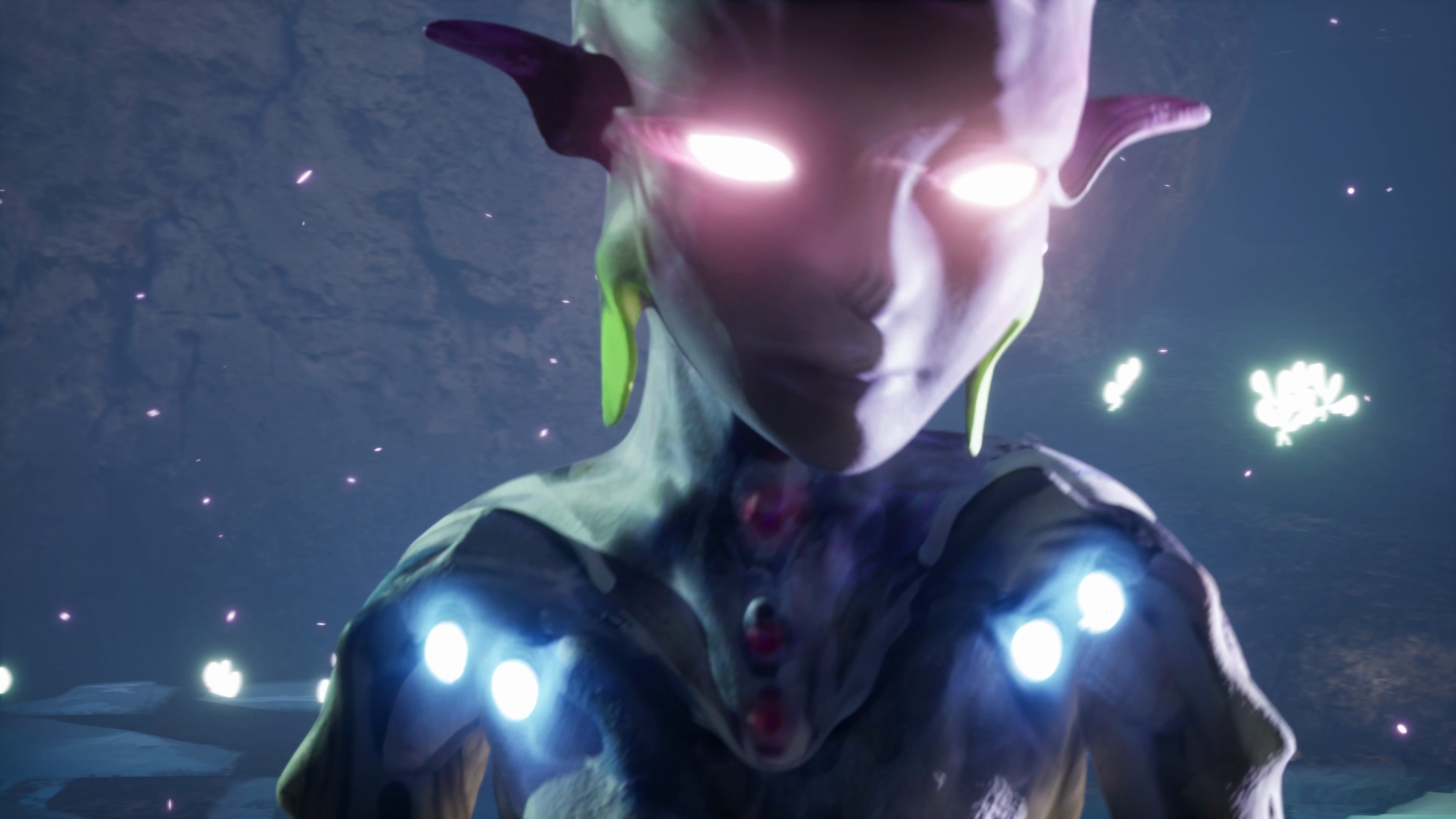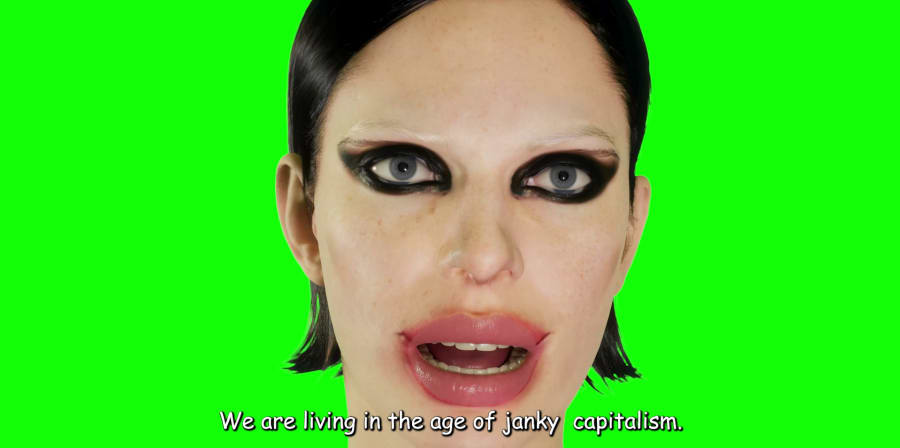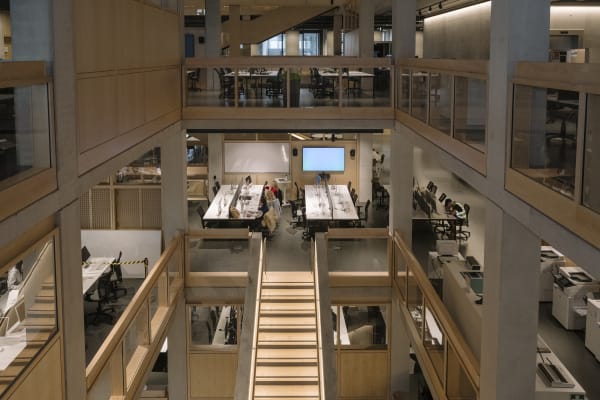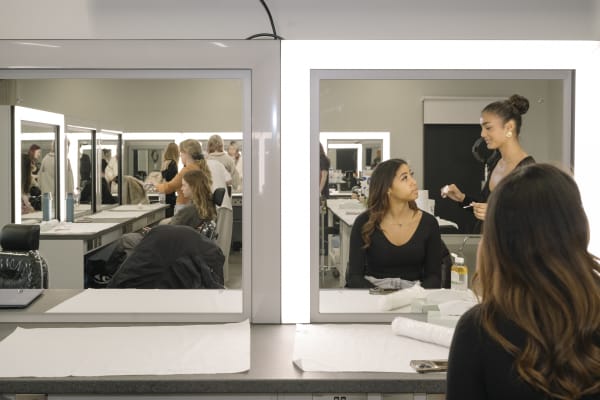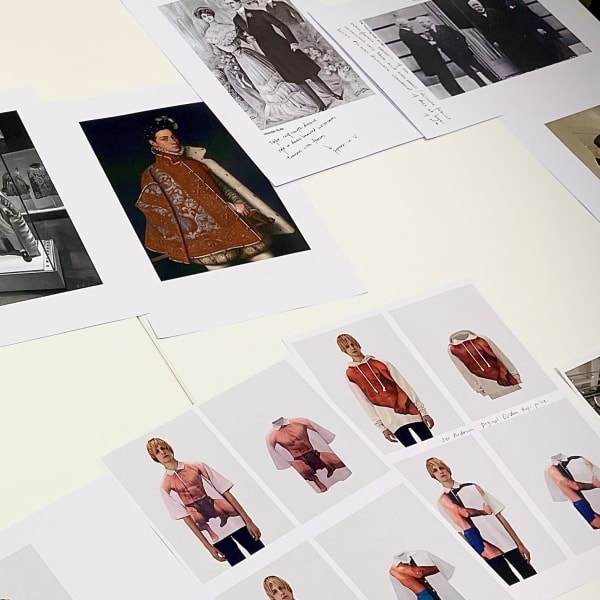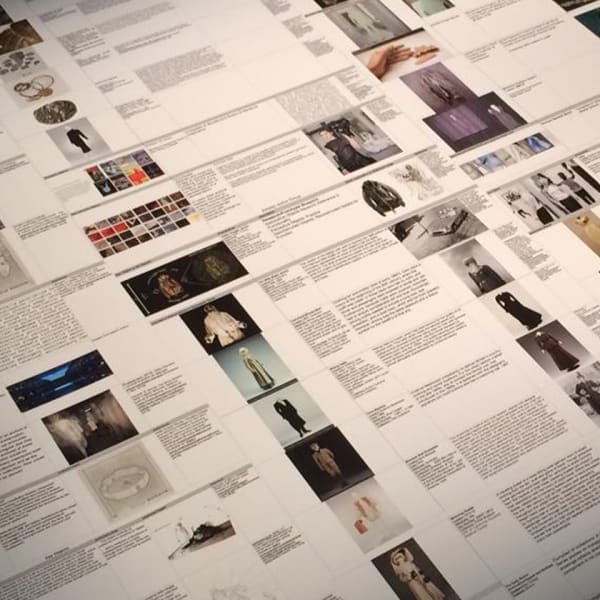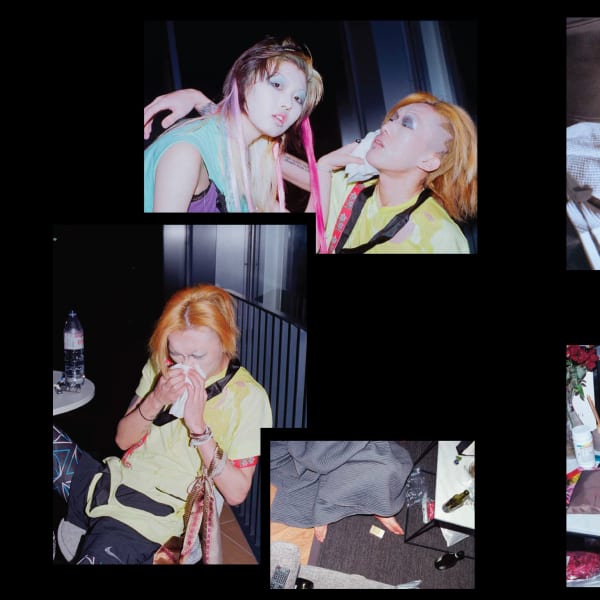Course units
Stage 1: Explore
Supports the transition to postgraduate level study through the following units:
Stage 1 commences with the first two-day summit of the year, consisting of talks from industry experts from a wide range of disciplines, screenings and group discussions. The summit introduces and explores the central theme for the year and provides the conceptual and theoretical foundations for the practice-led units that follow. The summit also provides you with the opportunity to meet your cohorts as well network with some of the industry's leading practitioners and thinkers.
Alongside the talks, the summit also acts as a showcase for the graduating year’s Masters Project work.
Unit 1: Prototyping Practices (20 credits)
Led by the key conceptual themes developed in the Stage 1 ‘Explore’ summit, and with a focus on the body, you will explore current design making methods, present-day digital media and communication discourse, and sensory-based technologies within the context of contemporary fashion media and communication practices.
The unit is structured around a set of short ‘sprint’ assignments undertaken both collaboratively and independently in class and through independent creative practice. You will initiate a series of iterative and process-led prototypes that will investigate the potential use of emerging ‘extended reality’ technologies within a fashion media and communication context.
Unit 2: Experiential Ecologies (40 credits)
With a focus on the convergence of digital and physical environments, you will explore the transdisciplinary development of hybrid fashion experiences. The unit will introduce you to contemporary co-design methods and processes, as well as essential ideation, organisational and community management skills that are necessary for building complex omnichannel experiences.
Over the course of the unit, you will develop a hands-on and reflective understanding of the dynamics of working within a multidisciplinary creative team as you explore how community-driven platforms, multi-player gaming environments, and physical interactions can be used to create richly textured fashion experiences. Working in small groups, you will develop a design concept for a hybrid fashion experience as well as critically situate it within a broader social, racial and technological context.
On successful completion of these units you are eligible for the award of a Post Graduate Certificate (60 credits).
Stage 2: Situate
Positioning knowledge and skills gained in stage 1 to affirm your own interests and specific direction within an external professional context.
Stage 2 commences with the second two-day summit of the year, consisting of talks from industry experts from a wide range of disciplines, screenings and group discussions. Stage 2’s summit builds on the conceptual and theoretical foundation established in stage 1 by situating it within a broader socio-technological and climate context that will define stage 2’s research and practice-based units. As a public facing event, the summit provides you with the valuable opportunity to network with some of the industry's leading practitioners and thinkers.
Running alongside the talks, the summit presents a work-in-progress showcase of current student projects.
Unit 3: Emergent Futures (40 credits)
Led by the key conceptual themes developed in the Stage 2 ‘Situate’ summit, this unit focuses on systemic transformation and thought leadership. On this unit you will explore the potential roles fashion media and communication could play in response to present and near future planetary scale environmental, social, and technological challenges.
You will be introduced to insight generation, strategic thinking, and speculative design as well as system technologies such as machine learning, the blockchain and biotech. Through a series of rapid sprints, and working in small groups, you will develop and present an insight report that addresses a real-world issue by responding to the potential implications of social, technological and environmental drivers. You will then produce and present a speculative design outcome that offers a compelling vision of an alternative future and will operate as a projective model of how to conceive and initiate systemic transformation within a fashion media and communication context.
Elective Units
Students will have the opportunity to participate in an elective unit as part of this course. This is an opportunity for students to collaborate with students from other courses within the college.
The following is an example list of electives that have been previously delivered:
- Creative Decision Making for Fashion Enterprise
- Cultural Programming
- Fashion Politics and Cultures
- Fashion Practices for Social Change
- Fashion Together: Collaboration for Innovation
Please note:
- Elective unit titles and details of the unit may change year to year
- Elective units offered may change year to year, that is, unit listed above may or may not be offered in subsequent years
- Students participate in a bidding process for choosing electives and participation in any particular elective is not guaranteed
On successful completion of these units you are eligible for the award of a Post Graduate Diploma (120 credits).
Stage 3: Integrate
The culmination and incorporation of the knowledge and skills acquired throughout stages 1 and 2 which is expressed through the Masters Project
Unit 5: The Masters’ Project (60 credits)*
The Masters’ Project is the final stage of your course and is the culmination of your studies and provides you with a space to synthesise all the knowledge and skills you have gained on the course so far. Your project will be self-directed and you will negotiate the shape and direction of your project at the outset with your supervisor.
This important final phase of your studies is where you will effectively communicate your work along with your ability to critically interrogate your practice with robust approaches to research and theoretical analysis. Upon completion of your project, you will have generated a high-level Masters’ quality piece of work that will showcase your practice, academic literacy and the professional standards that will act as a platform for your future career and professional development.
On successful completion of the Masters Project unit you are eligible for the award of a Masters of Art (180 credits). The final award grading is based upon the results of the Masters Project only.
Credit Framework
The University of the Arts London Credit Framework equates 20 credits to 200 hours of learning time.
